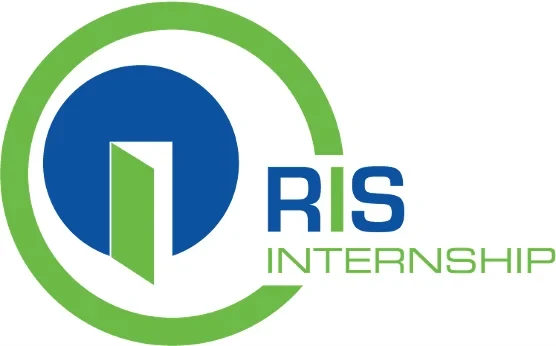
RIS Internship programme: broadening University-Business Cooperation
Projekt címe
RIS Internship programme: broadening University-Business Cooperation
Támogató program
EIT RawMaterials KAVA 8
A projekt kezdő dátuma
2022.01.01.
Időtartam
36 months
Fenntartási időszak vége
2024.12.31.
A projekthez megítélt támogatási összeg
1 098 408 EUR
A Miskolci Egyetem részére megítélt támogatási összeg
78 316 EUR
Konzorciumvezető
University of Zagreb – Faculty of Mining, Geology and Petroleum Engineering (UNIZG-RGNF)
Konzorciumi tagok
National Technical University of Athens (NTUA), Greece; Slovenian National Building and Civil Engineering Institute (ZAG), Slovenia; Technical University of Košice (TUKE), Slovakia; Université de Liège (UL), Belgium; University of Miskolc (UM), Hungary; Tallinn University of Technology (TalTech), Estonia, Wroclaw University of Science and Technology (WUST), Poland; Technische Universität Bergakademie Freiberg (TUBAF), Germany
Projekt honlap



Public Higher Education Institutions (HEI) at the RIS region and especially at West Balkan often found it difficult to fund internship programmes for their students, therefore within many raw material programmes internship was rated as an extracurricular activity or is included in the curricula with minimal involvement of the HEI. Without receiving structured support in their search for hosting company/institution within Europe, raw materials students had low chances of succeeding in Internship application comparing to other sectors. Lack of structure within the implementation of internship decreased its positive impact, thus disabling a smooth transfer of entrepreneurial/business skills and leaving both student and hosting organisation unsure of the expectations, optimal work organisation, workload, structure and objectives of their collaboration. RIS Internship project addressed this regional challenge and introduce structured internship mobilities for the benefit of the raw materials students and the organisations of the ESEE region.
The foundations of the RIS Internship Programme were created through a pilot programme launched in 2019 by EIT RawMaterials Hub Regional Centre Adria, called ADRIA Internship. The Programme was carried out from 2019 to 2021 with the key objective to improve professional opportunities for the students of sector-related studies in the ADRIA region. During the three years of pilot programme implementation, around 70 individual internships were completed in total duration of 113 months, involving more than 43 different organisations.
The territorial coverage of RIS Internship includes the initial pilot region (Croatia, Montenegro, North Macedonia, Serbia, Slovenia) and the newly joint East European RIS countries: Bulgaria, the Czech Republic, Estonia, Greece, Hungary, Latvia, Lithuania, Poland, Romania, Slovakia but also Portugal and Spain. Overall objective of the project was to implement a sustainable and structured RIS Internship Programme for East European RIS and EIT-Raw-Materials-labelled students. Within the Programme, students performed 1-to-3-month internships in one of the companies, gained invaluable experience and knowledge as well as opportunity to later get the job in the same company or at least field of interest.
During the three years of project implementation:
At current rate of employment of 10% for the interns participating in the programme, we estimated that about 40 students remained employed in the industry after their graduation. Train-the-trainer activities focused on 270 industry supervisors additionally increased the entrepreneurship/business skills of the interns and broaden University-Business Cooperation (UBC) activities. The project encouraged employment of the raw materials graduates in the local industry and leverage brain drain in the ESEE region.